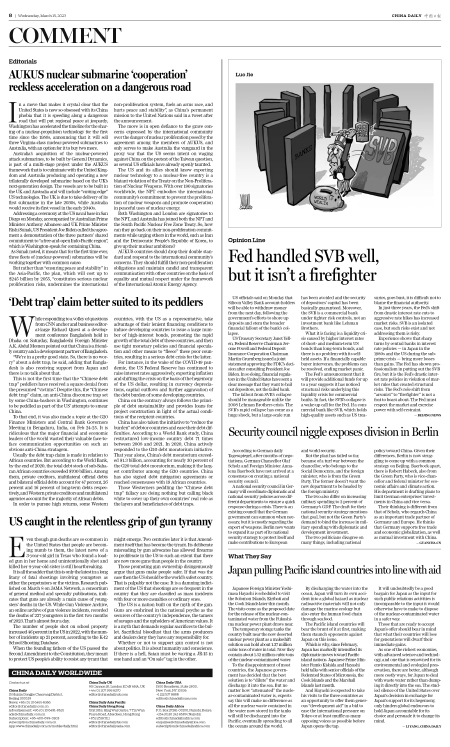According to German daily Tagesspiegel, after months of negotiations, German Chancellor Olaf Scholz and Foreign Minister Annalena Baerbock have not arrived at a consensus on creating a national security council.
A national security council in Germany will coordinate diplomatic and national security policies across different departments to ensure a quick response during a crisis. There is an existing council that the German government can summon when necessary, but it is mostly regarding the export of weapons. Berlin now wants to expand it as part of its national security strategy to protect itself and make contributions to European and world security.
But the plan has failed so far, because of a turf war between the chancellor, who belongs to the Social Democrats, and the foreign minister, who is from the Green Party. The former doesn't want the new department to be headed by the foreign ministry.
The two also differ on increasing military spending to 2 percent of Germany's GDP. The draft for their national security strategy mentions that goal, but not the Green Party's demand to bind the increase in military spending with diplomatic and development investment.
The two politicians disagree on many things, including national policy toward China. Given their differences, Berlin is now struggling to come up with a common strategy on Beijing. Baerbock apart, there is Robert Habeck, also from the Green Party, who is vice-chancellor and federal minister for economic affairs and climate action. His department is drafting plans to limit German enterprises' investments in China and vice versa.
Their thinking is different from that of Scholz, who regards China as an important trade partner of Germany and Europe. He thinks that Germany supports free trade and economic globalization, as well as mutual investment with China.

